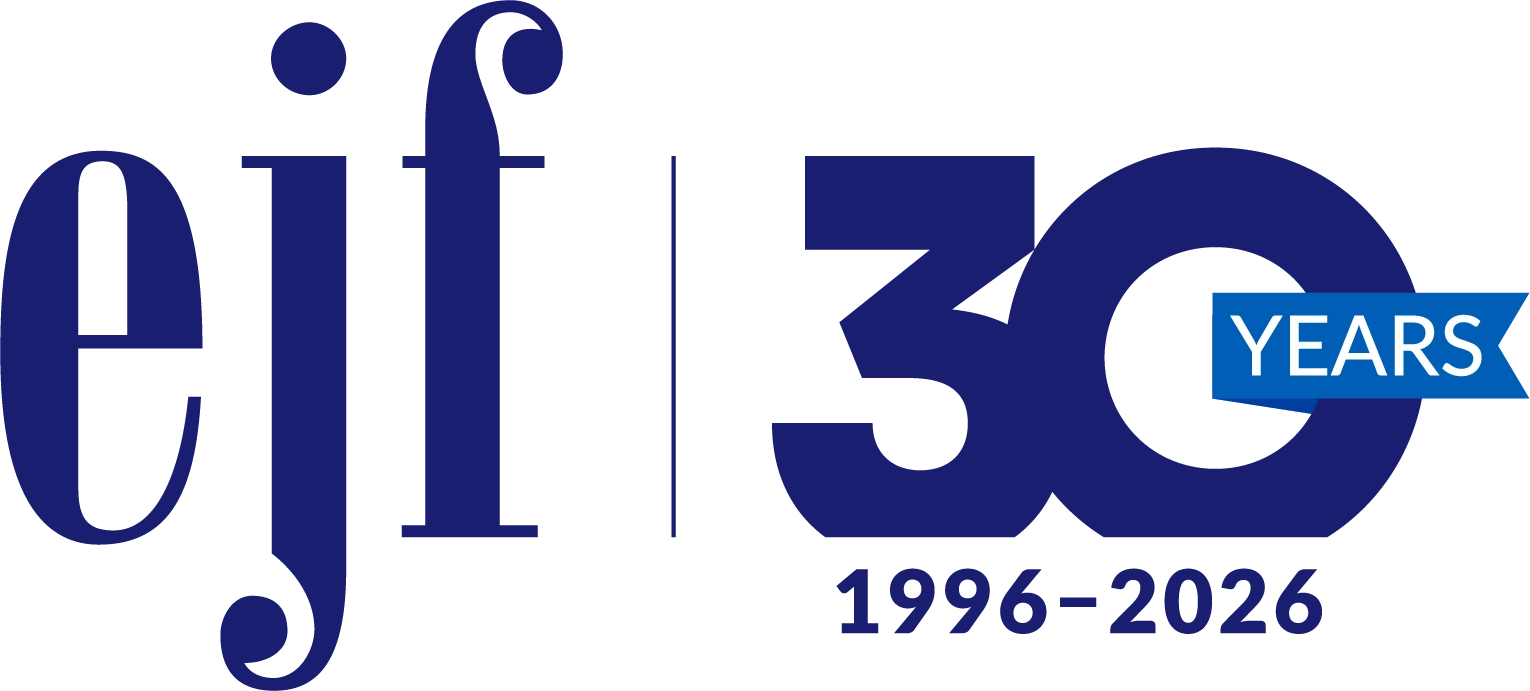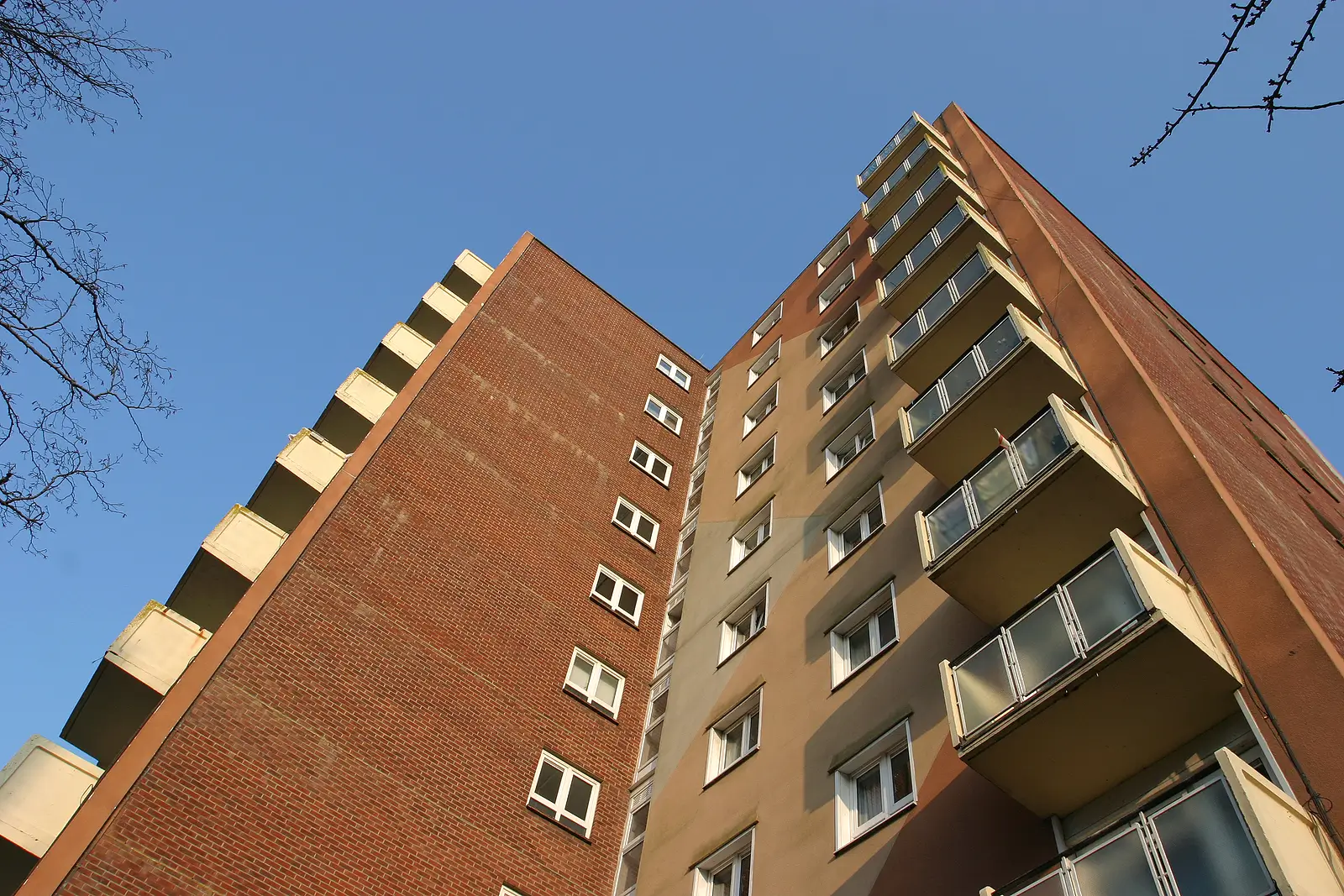Living in a community governed by a condominium association, or COA, often means enjoying well-maintained amenities and a consistent neighborhood aesthetic.
But what goes on behind the scenes? Understanding the structure and responsibilities of your COA is key to a positive community experience and protecting the value of your property.
It's not just about rules and fees; it's about a partnership that keeps your community thriving.
What is a Condominium Association (COA)?
A COA is the governing body of a condominium complex, created to manage and maintain the shared spaces. When you purchase a unit, you automatically become a member of the association. This entity is legally responsible for everything from the swimming pool and hallways to the roof and landscaping.
Unlike a Homeowners Association (HOA), where you typically own your lot, in a condo, you own your individual unit and a shared interest in the common elements. This distinction is crucial as it shapes everything from insurance needs to maintenance responsibilities.
The Role of the COA Board
At the heart of condo governance is the COA board, a group of elected volunteers who handle the association's daily operations. The condo board's responsibilities include enforcing community rules, managing the property's finances, and making decisions that affect the entire property. Their power is outlined in the community's governing documents.
As a member, you have a say in these matters through your right to vote in condo board elections. Participating in these elections and attending meetings ensures your voice is heard and that the board reflects the community's best interests.
What You Own vs. What the COA Manages
It's important to know where your ownership ends and the COA's responsibility begins. Generally, you are responsible for the interior of your unit—the "walls-in." This includes appliances, flooring, and plumbing fixtures within your unit.
The COA, in contrast, handles the maintenance, repair, and replacement of the standard and structural elements. These condo maintenance responsibilities are funded by your regular assessments, ensuring the property remains safe and attractive for everyone.
Understanding Condo Fees and Assessments
Condo fees are the lifeblood of the association. These monthly or quarterly payments fund everything from landscaping and security to condo insurance for the common areas. Your share is determined by a formula in the COA's declaration.
Occasionally, the board may need to levy special assessments for major, unexpected projects, like a new roof, that the reserve funds for condos cannot cover. Transparent condo governance is key here, and boards should clearly communicate the need for such actions.
Frequently Asked Questions
1. What do my condo fees typically cover?
Your condo fees cover the maintenance of common areas, landscaping, building-wide insurance, and contributions to the reserve fund for future repairs. They may also include services like trash removal and security.
2. What are my rights as a condo owner within the association?
As an owner, you have the right to vote in board elections, attend meetings, and access official association records. You also have the right to a fair process in any dispute resolution.
3. How are the COA rules and regulations created and enforced?
Rules are established in the COA's governing documents and can be amended by the board or a vote of the owners. The board enforces these rules, often through a formal process of warnings and, if necessary, fines, to ensure a consistent and fair living environment for all residents.
Your Guide to Seamless Governance with EJF Real Estate Services
Navigating the complexities of a COA is much simpler when you have a clear understanding of your rights and responsibilities. By actively participating in your community and staying informed, you contribute to a well-run, harmonious environment.
For expert guidance on property management best practices, we at EJF Real Estate are here to help your community flourish.
Other Resources:
The Future of Community Association Management: Trends to Watch
How to Improve Your HOA Newsletter: A Guide to Better Communication and Engagement




